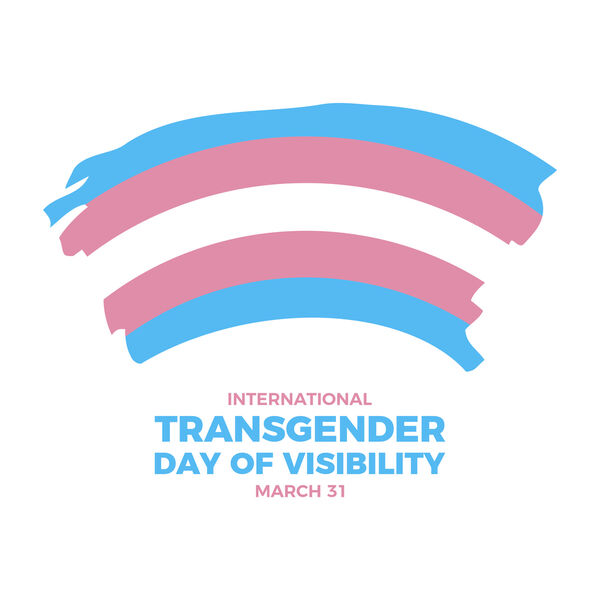
Beyond Visibility: Technical Assistance as Trans Healthcare Advocacy
March 31 marks the 14th annual Trans Day of Visibility (TDOV). This observance day was created in 2010 by Rachel Crandall Crocker, LMSW, Executive Director and Co-founder of Transgender Michigan. TDOV serves as a powerful reminder of the resilience, strength, and beauty of transgender and gender-diverse people. It is a day to celebrate the rich history of trans activism and recognize the ongoing struggle for equity in a political landscape that seeks to criminalize gender non-conformity and erase trans people from public life.
Visibility goes beyond the simple act of seeing; it also calls for recognition and respect. For many trans people, visibility is multifaceted -- while it can foster community and bring about empathy and understanding, it often comes with increased exposure to discrimination, harassment, and violence. The intersections of racism, transphobia, and economic inequality exacerbate these injustices, underscoring the urgent need for comprehensive civil rights protections. The rich history of trans activism is filled with giants like Miss Major Griffin-Gacy, Marsha P. Johnson, Sylvia Rivera, and Cecilia Gentili who weathered dual storms of ostracization from mainstream society and discrimination within the LGBT community in their unrelenting fight for the safety, security, and empowerment of trans people.
Visibility alone is not enough. True progress requires action – action to dismantle systems of oppression, action to amplify marginalized voices, and action to create spaces that are truly equitable, inclusive, and affirming. At NASTAD, we are mindful of the numerous barriers trans people encounter when seeking healthcare, ranging from lack of access to gender-affirming services to discrimination and stigma within medical settings. Many healthcare providers lack adequate training and cultural competency to provide affirming care to trans patients, leading to misunderstandings, misdiagnoses, and inadequate treatment. High out-of-pocket costs, lack of insurance coverage, and denial of care by insurance providers further exacerbate these challenges, leaving many trans people without essential healthcare services.
Healthcare providers must undergo cultural competency training to ensure respectful and affirming care for transgender patients. Additionally, increasing access to gender-affirming care, mental health services, and social support networks is crucial for improving the health and well-being of transgender individuals. In response to this need for training, Trans Harm Reduction and Sexual Health (THRASH), NASTAD’s internal working group dedicated to trans activism and liberation, developed a Virtual Learning Series on Transgender and Gender-Diverse Health in partnership with the Connecticut Department of Public Health. The series consists of four sessions in which Connecticut DPH staff and partners explore the importance of prioritizing gender-diverse people in our public health and health equity work, work toward a better understanding of the cultural and historical context of gender-diverse people, discuss elements of the provision of gender-affirming care, and learn how to apply this information to their day-to-day work.
Reflecting on the origins of the observance day and her motivations for establishing it, Crocker noted that visibility is often a double-edged sword. Increased visibility can be empowering, but it is also a position of great vulnerability. We recognize the need for stories of trans resilience while holding space to acknowledge the harsh conditions that necessitate this strength. Combating stigma and fostering acceptance are essential steps toward creating a more inclusive and equitable world for trans and gender-diverse people. Allies must amplify transgender voices, challenge harmful stereotypes, and actively work towards dismantling systems that perpetuate oppression. Visibility comes with risks, and Crocker challenges allies to use TDOV as an opportunity to make their solidarity with trans people visible as well. It is vital for allies to amplify calls for change, educate themselves and others, and be outspoken advocates for the empowerment of trans people and the protection of their human rights.
In recognizing Transgender Day of Visibility, it is imperative to center the voices and experiences of transgender and gender-diverse individuals in discussions surrounding public health and civil and human rights. Provider education and advocating for policy reforms, such as inclusive nondiscrimination laws and comprehensive healthcare coverage, are essential to address systemic inequities. As we celebrate this day, let us honor the countless trans advocates who have paved the way for progress by continuing their fight and recommitting ourselves to building truly inclusive and equitable spaces for all.